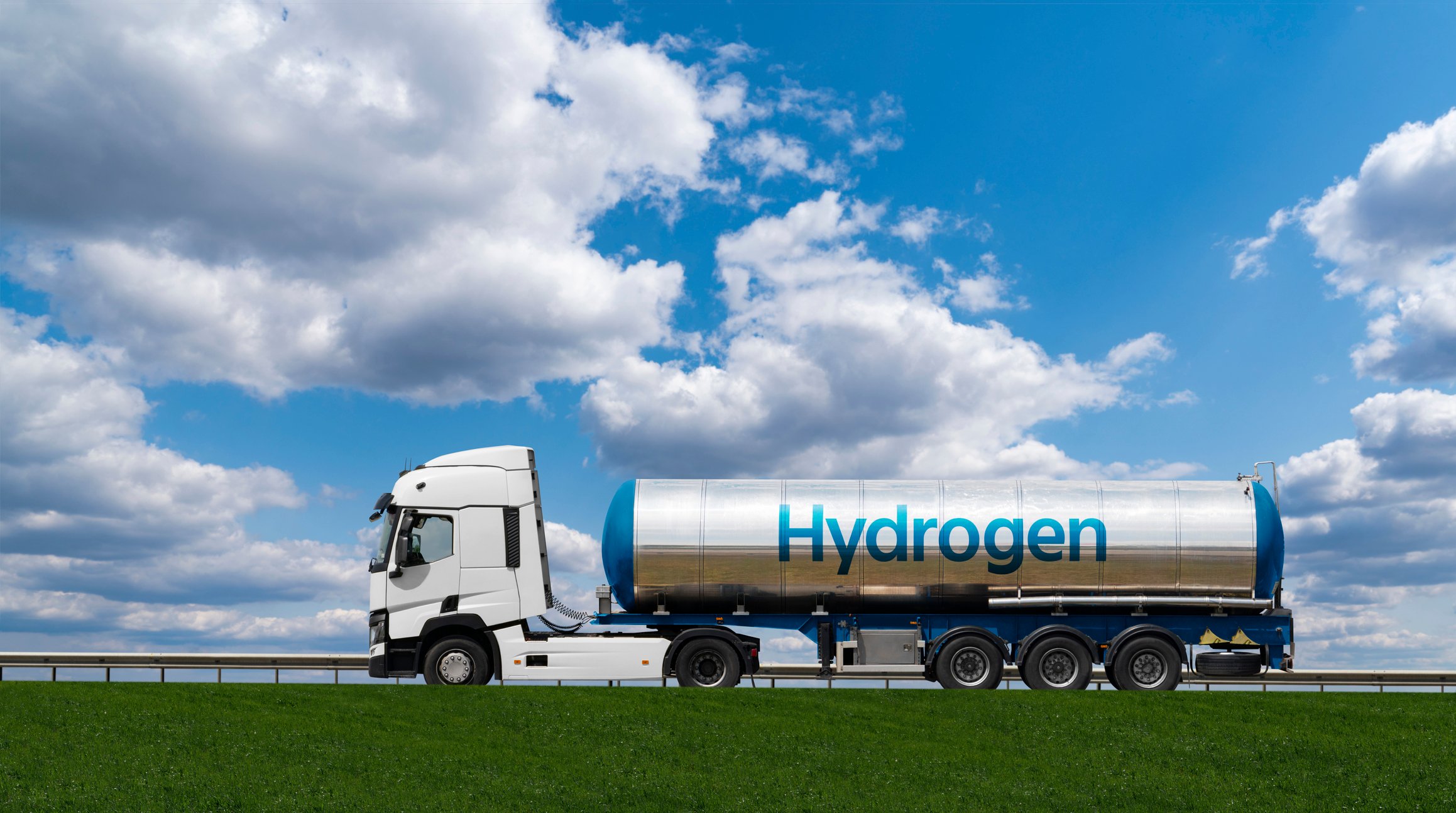For decades, there has been a exhaustive search for the best technologies to wean us off our dependence on hydrocarbon fuels such as oil and gas. Those sources may be abundant and cheap today, but they still remain a finite source. One technology that has been touted as an energy alternative are fuel cells, and fuel cell companies like Ballard Power Systems (BLDP 3.88%) and Fuel Cell Energy (FCEL 8.16%) have been touting their benefits over the old guard of natural gas and coal generators.
Here's the problem, fuel cells are not the hydrocarbon option as you might think. Let's take a look at what why calling fuel cells an alternative energy solution is a little misleading.

A Fuel Cell power generation facility. Source: Fuel Cell Energy.
The promise and the prospects
Fuel cells work like batteries in the sense that they use chemical reactions to produce electricity. The difference between a battery and a fuel cell, though, is that a fuel cell can be charged with hydrogen gas instantly. Hydrogen reacts with oxygen in the fuel cell to produce water and electricity.
On the surface, fuel cells sound like a slam dunk as an alternative to both batteries and combustion engines: There is no combustion so there are much less carbon emissions than other generation methods, produces water as a byproduct, has a much faster recharge time than batteries, and theoretically a hydrogen-powered fuel cell can store eight times the energy than a lithium ion battery of the same size.
With selling points like that, you can see why companies like Ballard and Fuel Cell Energy have spent decades trying to develop this technology into a commercially viable product, and it is also why they are slowly -- very slowly -- starting to see commercial results that look more like a business than a research facility. Both companies as well as Power Plug (PLUG 3.76%) -- a company that specializes in manufacturing drop-in fuel cell systems to replace lead-acid batteries -- have all seen sales grow at a compounded annual rate greater than 16% in the past five years, and all three expect to reach EBITDA breakeven for the first time ever in 2014.
A fuel cell's true fuel: Natural gas
Hydrogen is one of the most abundant elements on the earth, and it's a prominent gas in the upper levels of our atmosphere. However, the only way that we have been able to get enough hydrogen gas for commercial purposes is through a process known as steam reformation. This process combines methane gas and steam at a certain pressure and temperature range to create pure hydrogen gas and carbon dioxide. So even though a fuel cell system like Plug Power's may only use hydrogen as a fuel, it still requires the consumption of natural gas to make it possible.
Why this matters is that it makes it very difficult for fuel cells to differentiate themselves from other power generating options that also consume natural gas. Fuel cells may have a slightly higher electricity generation efficiency and buyers can still get a hefty tax credit, but feedstock costs for fuel cells that directly consume natural gas -- like those manufactured by Fuel Cell Energy and some of Ballard Power Systems products -- will be on par with that of high-efficiency natural gas turbines, and the rest that use hydrogen gas directly could actually see higher feedstock costs because of the weak hydrogen production capacity in the U.S.
In order for fuel cells to truly be competitive, then companies will need bring down costs quickly. In December 2016, the tax credit that fuel cells currently enjoy is expected to retire, and unless it is extended, fuel cells will face some stiff competition in the remote and emergency backup power markets. Currently, Fuel Cell Energy's product costs about $2,250 per kilowatt of installed capacity. This is a huge improvement over the past 10 years, when product costs for the same product were closer to $10,000 per kilowatt installed. Still, Fuel Cell Energy will need to reduce its costs by at least another 20% before it can be cost comparable to one of its most direct competitors, Capstone Turbine (CPST 2.06%).
What a Fool believes
Fuel cells are not an alternative energy solution -- it still uses the same natural gas that many other power-generating options use today. Unless there are some significant changes to carbon emissions regulations or a continuation of fuel cell tax credits, it will be very difficult for fuel cells to compete on the open market in any power generation market. Some niche markets will exist such as Plug Power's battery replacements for material handling equipment such as forklifts and potentially in electric hybrid delivery trucks, but fuel cells will struggle to gain market share as long as the costs are still high.









